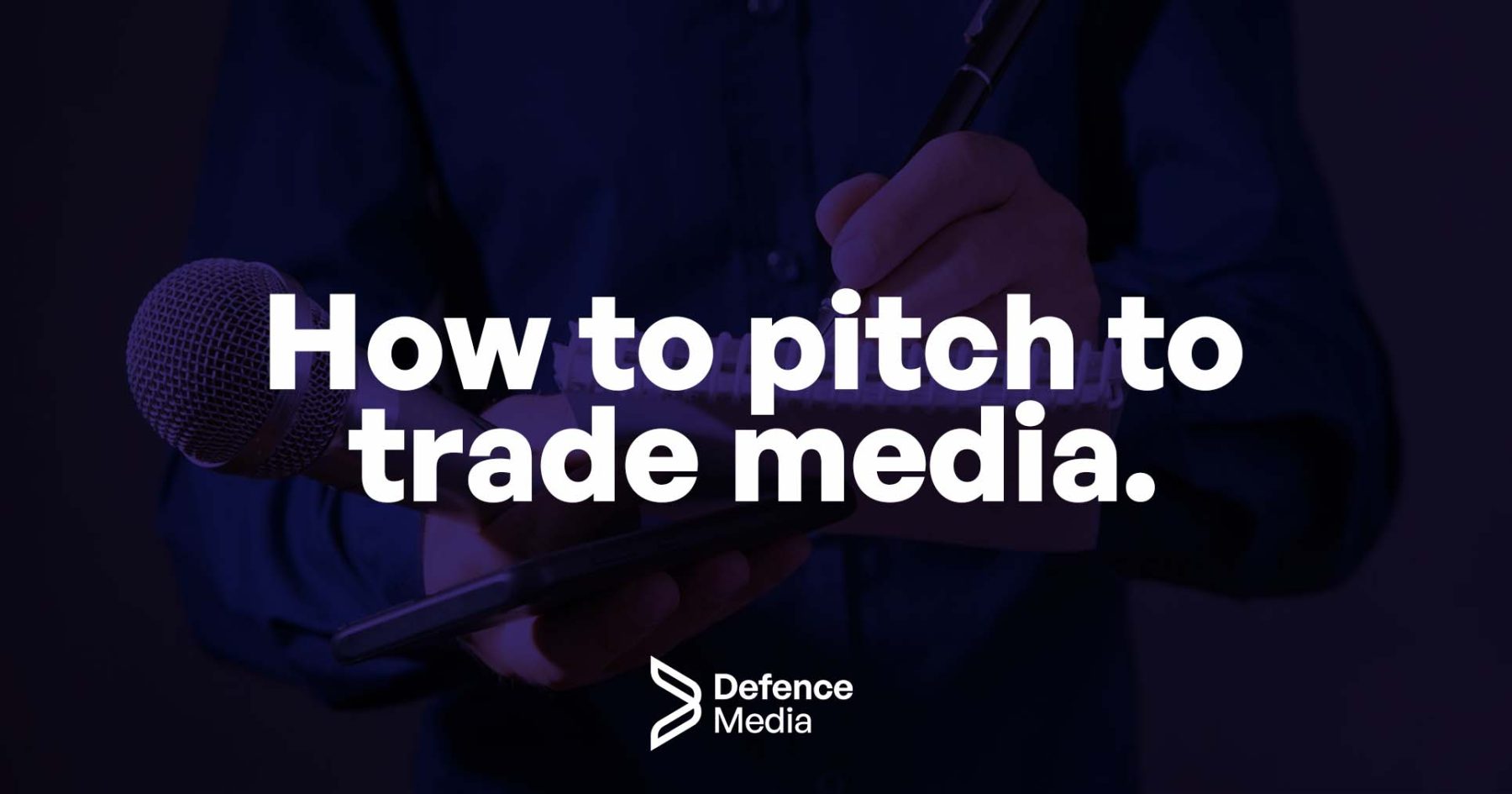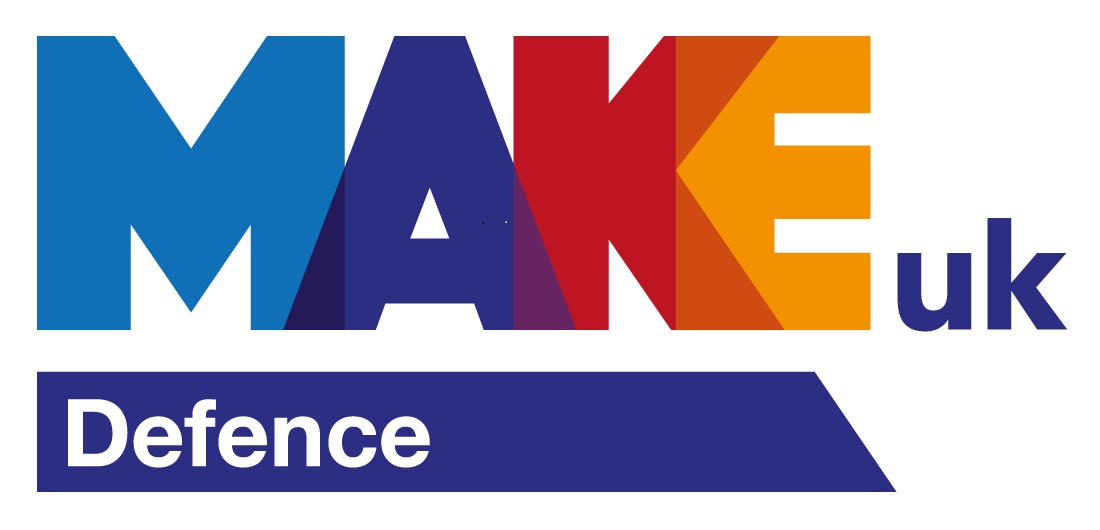How to pitch to trade media journalists: a guide
31.10.22


31.10.22

Defence Media’s Founding Director Grant Turnbull, a former B2B journalist and trade magazine editor, explains how companies should pitch news and analysis to specialist publications and the best way to approach journalists and editors to gain all-important media coverage.
For many small-to-medium sized companies that operate in specialist B2B sectors – including those in technology, engineering and manufacturing – getting coverage in trade publications is a fantastic opportunity to raise their profile and build brand equity among highly relevant audiences that are likely to have commercial interest in your solutions.
Being written about by an expert journalist in a highly respected publication is still seen as one of the best forms of reputation building for a company and will form a central part of any PR strategy.
But how do you pitch news and other information to B2B journalists, and how do you increase your chances of being published?
It’s important to research the top media publications in your sector(s) and while researching make notes on the following:
This information can all be put in a spreadsheet and regularly updated for the team to refer to, including giving a score to each one to understand their relevancy and importance. This will then inform who you contact and how you prioritise your media outreach. If you’re also collecting personal data such as email addresses, numbers, and names, then it’s important that you closely follow data protection laws that apply to you.
This is also key information if you decide to advertise with a media publication in the future.
When it comes to getting your news or analysis published by one of your target publications, one of the fundamentals will be developing relationships with the journalists, contributors (including freelancers) and editors. These are the people that ultimately determine whether the information you provide gets published and what ends up being spiked.
You need to build trust with your media contacts and earn your coverage, and this is achieved by providing useful information that is relevant to the writer and publication. As we have written about before in our blog on media pitches vs. press releases, personalisation (pitching to individuals or segments of journalists about their specific areas of interest) rather than generic emails will help here.
Trade journalists are generally experts in niche areas, so as they get to know your company better, and they see you as a trusted source of information, it is likely they will approach you for comment on a range of industry topics for more in-depth features and will also seek you out at events.
The first hurdle many companies fall down at is the press release and media pitch. When a journalist receives a poorly executed press release or pitch, it is very common for them to put it the bottom of the priority list, or even delete it.
What can make a bad press release? Common issues include:
Writing and distributing a good press release ‘package’, with a personalised pitch, is a skillset and requires experience, which is normally why companies will have an experienced in-house PR team, or they’ll bring in an agency that can do this for them.
Key messages should play a primary role in your press releases and media relations activities, as well as wider PR campaigns. These statements focus attention on the main points that you want your target audience to read or hear.
These messages should be clear and succinct, which will make them more memorable for your audience.
Key messages can be specific to a press release, highlighting the elements that you want your audience – including the media – to focus on. Key messages can be at an organisation-level as well, once again highlighting core messages but those that relate to the wider business rather than a specific event or news announcement.
The development of key messages will also help members of staff when they are talking to the media, as they are common talking points that have been formalised and approved beforehand. Although don’t assume that journalists will always repeat your message verbatim.
Of course, press releases are a great way to highlight company developments, but it’s not the only way you can engage with specialist media.
Trade publications can also be interested in analysis from company experts that have their finger on the pulse when it comes to the latest industry developments, from user challenges to technological solutions.
Astute market analysis is where many publications and journalists pride themselves over competitors, and the bar for being published in an analysis piece can be much higher. So remember, if you’re offering analysis, it should come from a well-respected company expert, and should also avoid being a sales and marketing pitch for a product or solution, which is off-putting for most.
Some publications will take guest analysis posts from companies without a charge, although many do charge a fee for a sponsored article. You can also request a feature list from a publication – normally part of a wider media pack – to understand the topics that will be discussed in future issues and where you could offer expert comment.
It’s always important to remember that journalists have no obligation to publish your story, or your analysis, in their publication. Always respect freedom of the press and don’t assume that just because you’ve spoken to a journalist, it means that you will get coverage; you have to earn it.
In addition, don’t blur the line between paid media and earned media. Just because you may have spent some money on advertising doesn’t mean that your news will be published by an impartial journalist. Again, it’s very important to understand the ethical implications if you think that paying for adverts will get you editorial coverage.
Ultimately, if you’re not published don’t get dismayed, but instead have a constructive discussion on why this was (with your team and potentially the journalist) and see how you can improve in the future.


Signatories of:


Members of:



Innovation House
Molly Millars Close
Wokingham
RG41 2RX